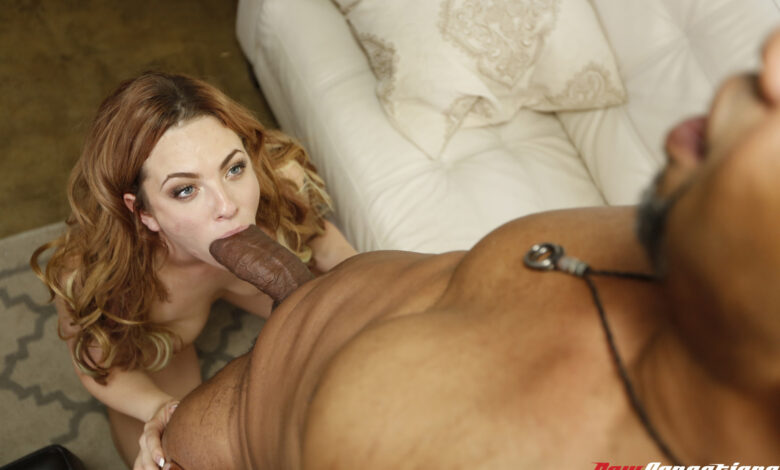The Impact of Erotic Literature on Sexual Imagination and Fantasy

Erotic literature has been a part of human culture for centuries, from the ancient Greek texts to modern-day erotic stories and novels. The popularity of this genre raises the question of its impact on sexual imagination and fantasy. This article explores the relationship between erotic literature and sexual imagination, taking into account various perspectives and findings.
First, let’s define erotic literature. Erotic literature is a genre of writing that focuses on sexual desire, attraction, and pleasure. It can range from subtle and suggestive descriptions to explicit and detailed accounts of sexual encounters. The primary purpose of erotic literature is to arouse the reader and stimulate their sexual imagination.
Sexual imagination refers to the mental images and scenarios that individuals create in their minds to enhance their sexual experiences. Fantasy is a crucial component of sexual imagination, as it allows individuals to explore their desires and boundaries in a safe and controlled environment. Erotic literature can significantly contribute to sexual imagination and fantasy by providing vivid and detailed descriptions of sexual situations, characters, and emotions.
One of the primary ways that erotic literature impacts sexual imagination is by expanding the boundaries of what individuals consider possible or desirable. By exposing readers to a variety of sexual scenarios, preferences, and identities, erotic literature can help individuals develop a more open-minded and inclusive attitude towards sex and sexuality. This, in turn, can lead to a richer and more diverse sexual imagination and fantasy life.
Moreover, erotic literature can also serve as a source of inspiration and guidance for individuals who are exploring their sexuality or seeking to enhance their sexual experiences. By providing examples of effective communication, consent, and boundary-setting, erotic literature can help individuals develop the skills and confidence they need to navigate their sexual relationships.
However, it is important to note that not all erotic literature is created equal, and the impact of this genre on sexual imagination and fantasy can vary depending on the quality and content of the material. High-quality erotic literature often features complex characters, engaging plots, and realistic scenarios that can help readers relate to and learn from the stories. On the other hand, low-quality erotic literature may rely on stereotypes, clichés, and unrealistic scenarios that can reinforce harmful attitudes and beliefs about sex and sexuality.
Additionally, it is essential to recognize that while erotic literature can be a valuable tool for exploring and enhancing sexual imagination explicit videos and fantasy, it is not a substitute for real-life sexual experiences and relationships. Sexual imagination and fantasy should be seen as complementary to, rather than a replacement for, actual sexual encounters and connections.
In conclusion, erotic literature can have a significant impact on sexual imagination and fantasy by providing vivid and detailed descriptions of sexual situations, expanding the boundaries of what individuals consider possible or desirable, and serving as a source of inspiration and guidance for individuals who are exploring their sexuality. However, the impact of erotic literature on sexual imagination and fantasy can vary depending on the quality and content of the material, and it is essential to recognize that while erotic literature can be a valuable tool for exploring and enhancing sexual imagination and fantasy, it is not a substitute for real-life sexual experiences and relationships.




